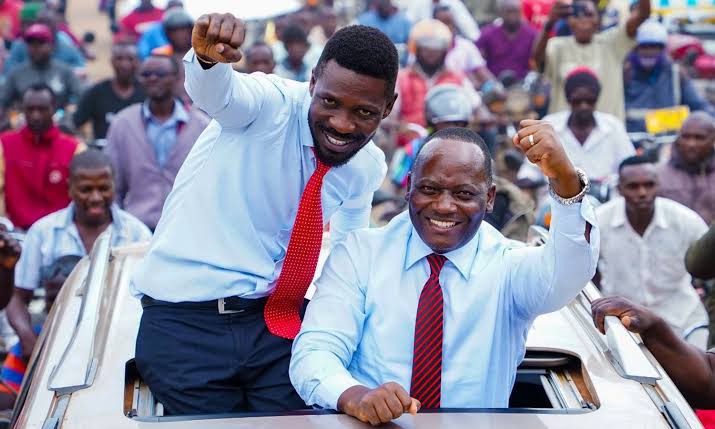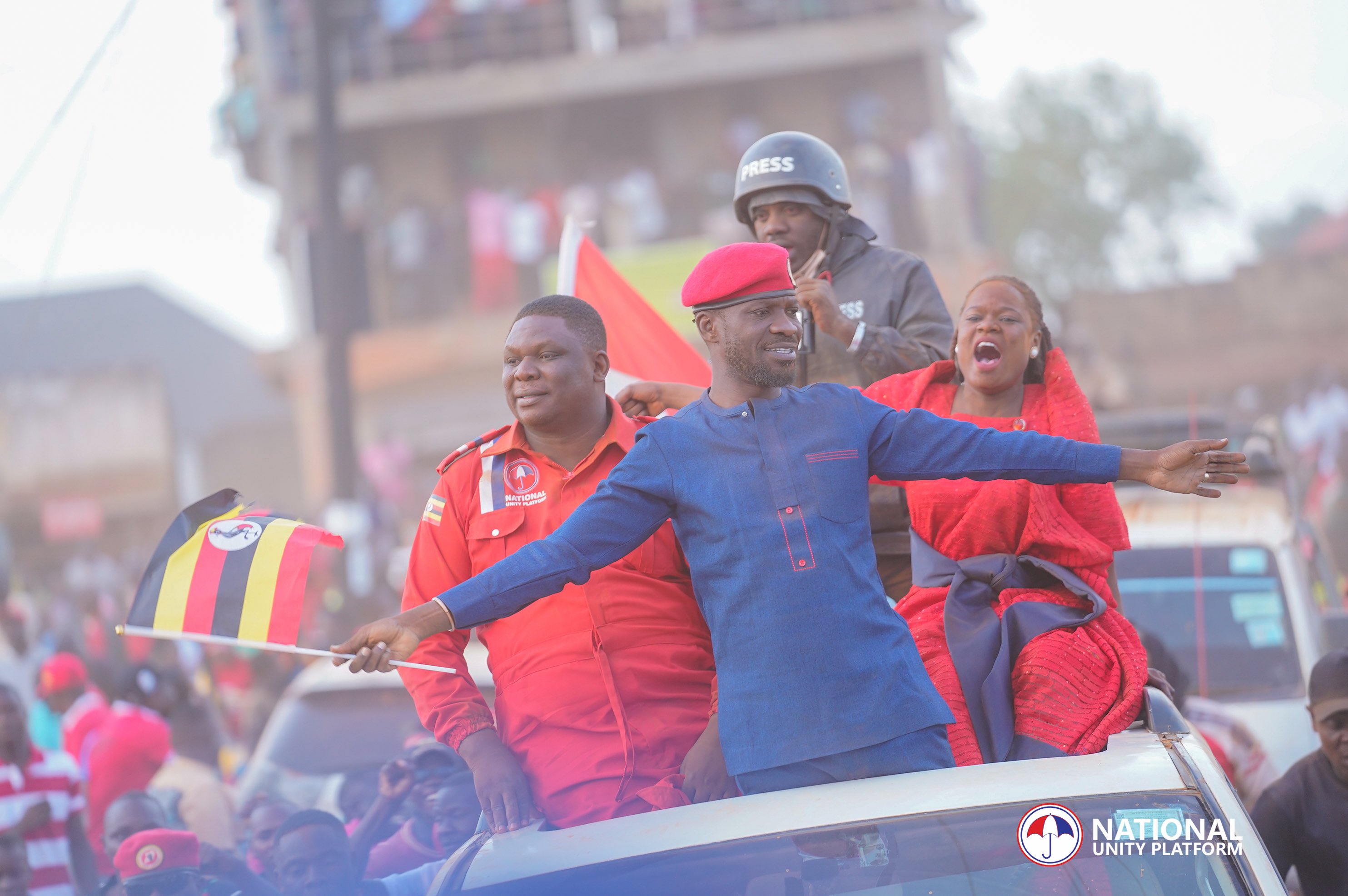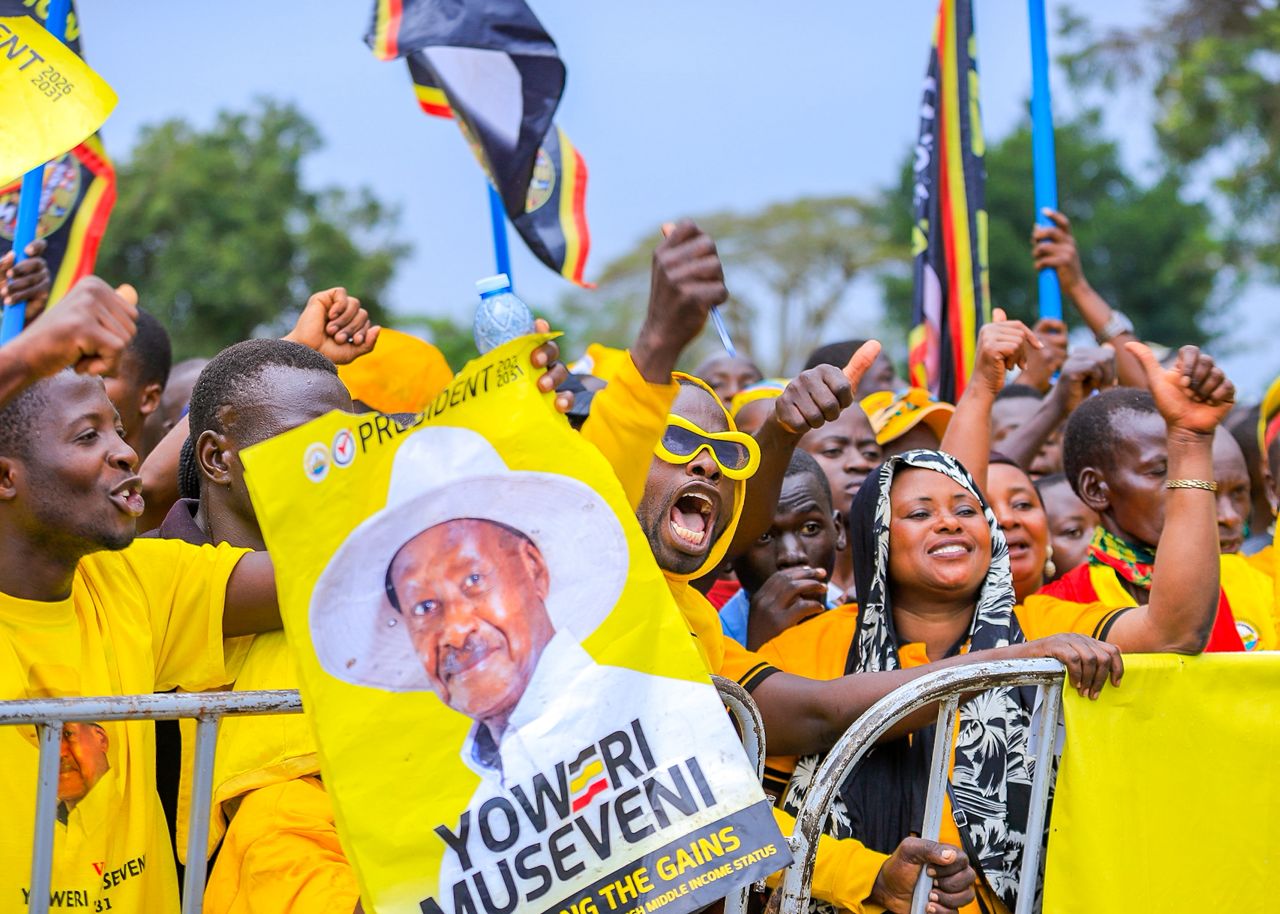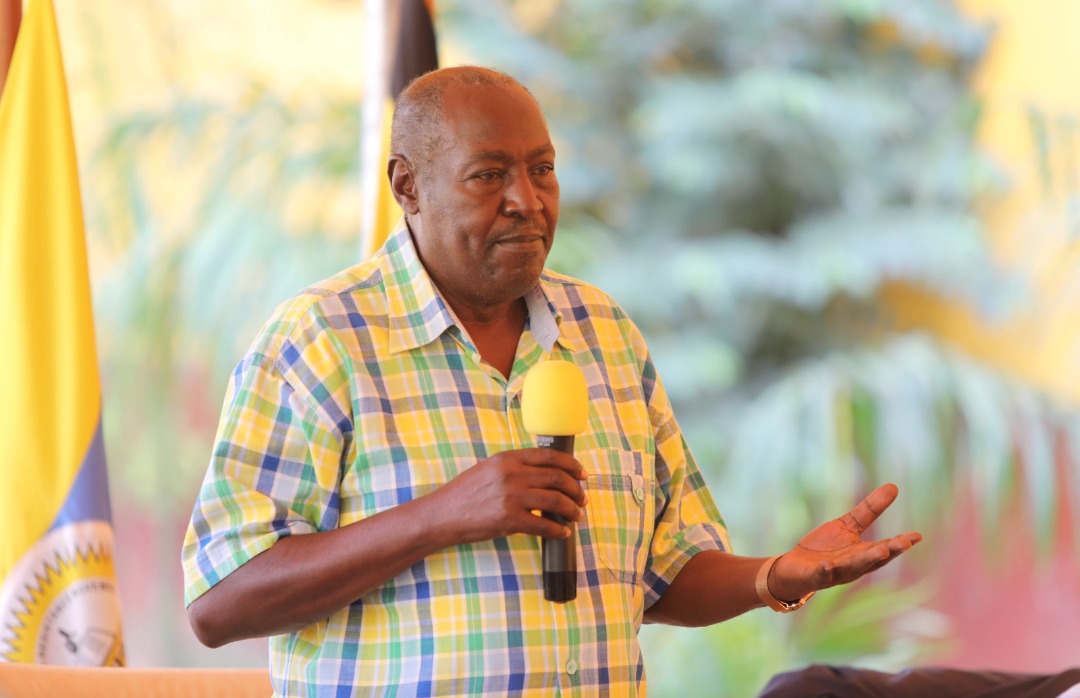Will a Ugandan political party ever change its president without breaking apart?
Though the NRM regularly holds national delegates’ conferences and electoral events, no internal challenge to Museveni’s party presidency has ever been successful, or even seriously considered.

In Uganda’s political landscape, leadership transitions within parties have often been fraught with internal conflicts, factionalism, and even party dissolutions. Despite the country’s multi-party system, a peaceful and uncontested change in party presidency remains a rarity.
NRM: Four Decades, One President
The National Resistance Movement, Uganda’s ruling party since 1986, stands out as a glaring example of static party leadership. Since its founding, the NRM has been led by President Yoweri Kaguta Museveni for nearly 40 years of uninterrupted leadership.
Though the NRM regularly holds national delegates’ conferences and electoral events, no internal challenge to Museveni’s party presidency has ever been successful, or even seriously considered. Successive declarations of his candidature for national elections on the NRM ticket have gone unopposed, with party structures built around his singular authority.
In 2022, party secretary general Justine Kasule Lumumba confirmed that Museveni would be the sole NRM presidential flag bearer for 2026, long before the party’s internal processes had begun. The culture of “sole candidature” within NRM has become institutionalized, erasing any prospect of peaceful leadership transition through democratic competition.
Critics argue this entrenches personalism over ideology and stifles the growth of future leaders within the party.
Forum for Democratic Change (FDC): A Case of Fragmentation
The FDC, once a formidable opposition party, exemplifies the challenges of leadership transitions. In 2012, Gen. Mugisha Muntu succeeded Dr. Kizza Besigye as party president. However, ideological differences led to Muntu’s departure in 2018 to form the Alliance for National Transformation (ANT). Further internal disputes culminated in the party’s decision to dissolve and establish a new political entity in 2024, citing irreconcilable differences between factions.
Uganda People’s Congress (UPC): Dynastic Politics and Internal Struggles
The UPC’s leadership transitions have also been turbulent. After Milton Obote’s death, his widow, Miria Obote, assumed party leadership in 2005, leading to significant defections. Subsequent leadership changes, including the election of Olara Otunnu and later Obote’s son, Jimmy Akena, were marked by internal conflicts and questions about legitimacy.
Democratic Party (DP): Splits and Reintegrations
The DP has experienced its share of leadership disputes. In 1984, a leadership challenge led to a split and the formation of the Nationalist Liberal Party, which later reintegrated with the DP. More recently, in 2020, the party faced significant defections to the National Unity Platform (NUP), reflecting ongoing internal dissatisfaction. Many who defected always opposed the presidency of Novert Mao who is still the party president, thus the rise of the DP Block faction.
NUP: Youthful Energy, Familiar Patterns
The National Unity Platform (NUP), led by pop-star-turned-politician Robert Kyagulanyi Ssentamu (Bobi Wine), is Uganda’s youngest major party and currently the face of Uganda’s opposition. However, even this youthful and seemingly progressive party is not exempt from questions surrounding internal democracy.
Several political observers and former members have raised concerns about the entrenchment of Bobi Wine’s leadership, suggesting that the presidency of NUP may be seen as inseparable from its founder. Bobi Wine has, on multiple occasions, publicly declared his intention to contest the presidency on the NUP ticket in 2026 statements often made without the semblance of an internal party nomination process.
Critics argue that this continuous self-nomination signals an unspoken consensus that no other individual within NUP is expected or perhaps allowed to contest for party presidency or be considered as a flagbearer for the national presidency.
One senior NUP insider, speaking on condition of anonymity told us, “We support Bobi Wine because he’s our symbol of struggle, but let’s not lie to ourselves there is no mechanism or open process where another member could rise and be voted party president. If someone tried, they’d be branded a traitor.”
Allegations have surfaced suggesting that the fallout between NUP President Robert Kyagulanyi Ssentamu (Bobi Wine) and former Leader of Opposition Mathias Mpuuga may have deeper political undertones beyond the official narrative of corruption. Some party insiders and political observers believe that tension may have started brewing when Mpuuga reportedly showed interest in contesting for the party presidency a move considered taboo within NUP’s inner circles.
The mere possibility of challenging Bobi Wine’s leadership is said to have unsettled the party hierarchy, fueling suspicion and internal rifts. While Mpuuga has not publicly declared any such ambitions, the speculation alone has sparked debate on whether NUP is prepared for open internal competition or if the presidency remains a one-man seat.
Expert Insight: The Role of Internal Democracy
Dr. Sarah Kabuye, a political analyst specializing in East African politics, notes, “The recurring theme in Uganda’s party politics is the lack of robust internal democratic structures. Leadership transitions often become power struggles rather than opportunities for renewal.”
“Uganda’s political parties have consistently faced challenges in achieving peaceful leadership transitions. The absence of internal democratic mechanisms, coupled with personal ambitions and ideological divides, has led to repeated instances of factionalism and party fragmentation.” she noted.
For Uganda’s democracy to mature, political parties must prioritize internal cohesion and democratic practices to facilitate smooth leadership changes.







